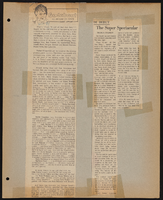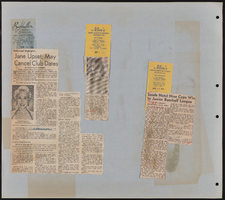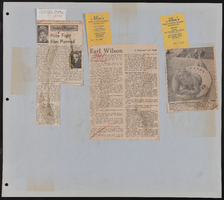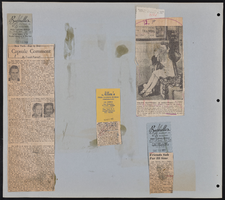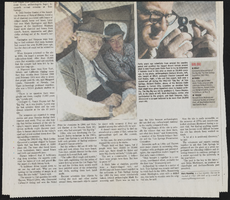Search the Special Collections and Archives Portal
Search Results
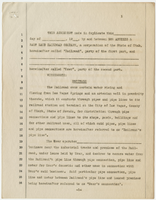
Blank contract between the Los Angeles & Salt Lake Railroad and industrial users, June 1922
Date
1922-06
Archival Collection
Description
Blank contract between the Los Angeles & Salt Lake Railroad and industrial users
Text
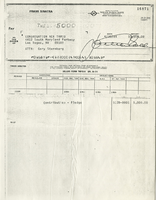
Correspondence regarding Frank Sinatra's pledge for the construction of Congregation Ner Tamid's temple, 1983-1987
Date
1983 to 1987
Archival Collection
Description
Correspondence and copies of bank checks fulfilling Frank Sinatra's pledge to the building fund of Congregation Ner Tamid in the 1980s.
Text
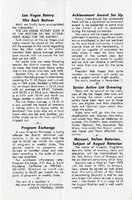
The Wheel Las Vegas Rotary Club newsletter, 1960s-1970s
Date
1960 to 1979
Archival Collection
Description
Newsletter issued by the Las Vegas Rotary Club
Text
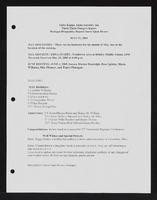
Alpha Kappa Alpha Sorority, Theta Theta Omega Chapter "Hodegos"/hospitality reports
Date
2005-01-22
2005-03-05
2005-05-07
Archival Collection
Description
From the Alpha Kappa Alpha Sorority, Incorporated, Theta Theta Omega Chapter Records (MS-01014) -- Chapter records file.
Text
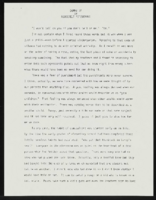
"Dummy Up": article draft by Roosevelt Fitzgerald
Date
1991 (year approximate) to 1992 (year approximate)
Archival Collection
Description
From the Roosevelt Fitzgerald Professional Papers (MS-01082) -- Drafts for the Las Vegas Sentinel Voice file. On rogue cops and maintaining silence about them.
Text
Pagination
Refine my results
Content Type
Creator or Contributor
Subject
Archival Collection
Digital Project
Resource Type
Year
Material Type
Place
Language
Records Classification

